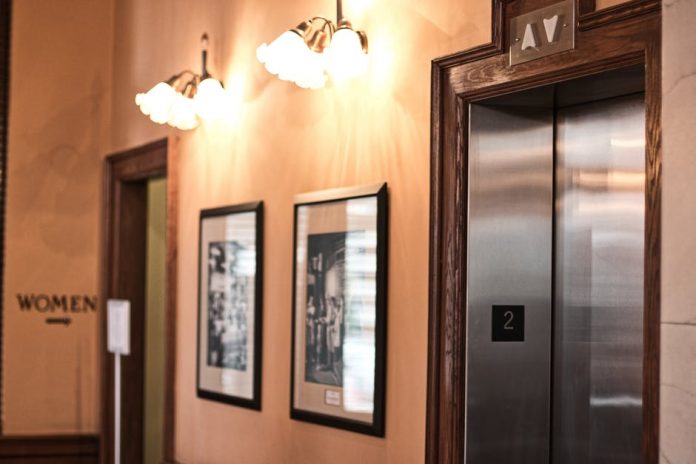Commercial and residential buildings have many differences but share one common need: elevators. These buildings can have dozens of floors.
When you live on the twentieth floor, stairs become a nightmare. Instead, people prefer the ease and convenience of using an elevator.
Residential elevators and their commercial counterparts meet the needs of many people. But, before you can install elevators, you must meet some preliminaries.
Among those priorities are elevator service contracts. Elevator services provide different types of agreements for commercial and residential buildings.
If you’re unfamiliar with those contracts, don’t worry! We’ll examine some of the common contract types that elevator maintenance companies provide.
Full Maintenance Agreements for Residential Elevators
One of the most basic types of contracts is the full maintenance agreement (FMA). In this contract, the building gives the elevator maintenance companies responsibility. The contract will specify what elevator equipment the company will manage.
You can think of FMA as an insurance policy. When you sign, your building pays an annual fee. In exchange, you escape the concerns of maintenance.
Instead, the service company becomes responsible for any accident that occurs. This responsibility frees the building from risk.
If you’re not sure how much safety a contract can provide, check out https://auditmate.com/what-is-safe/safe-maintenance/. This website explores more details about how safe a contract can be.
Survey and Report Contracts
This contract manages less than full maintenance agreements. It only oversees quarterly, semiannual, and annual examinations of the elevator’s essential components.
In this agreement, you remain responsible for repair work and maintenance needs. You can complete this work in-house. You may also hire contractors to work in coordination with the building’s manager.
While these contracts may meet some buildings’ needs, they fail for many others. Most building managers insist on contracts that provide servicing work. Many others would prefer contracts that free them from liability.
Examination and Lubrication Contract
Many people may know these contracts as Oil & Grease agreements. In situations like these, the other company provides lubrication for moving parts in the elevator. This service also includes minor adjustments on a regular basis.
In the event you need further elevator maintenance, a company may report the issue to the client. When they do so, they include an estimated cost for the work. If the building manager agrees, then the contractor company schedules all the repairs.
A company may perform this work with their own staff. Another possibility is that they’ll work with another company with which they have a contract.
Unfortunately, this agreement usually leaves liability with the building owner. Once again, this makes the contract dissatisfying for many managers.
Finding the Best Elevator Service Contract
If your commercial or residential elevator needs repairs, find a contract to cover it. Usually, you’ll likely prefer FMAs. These offer the coverage you need. Search for “elevator maintenance companies near me” to find one that provides this contract!
We hope you enjoyed this article! If so, check out our other content today.










